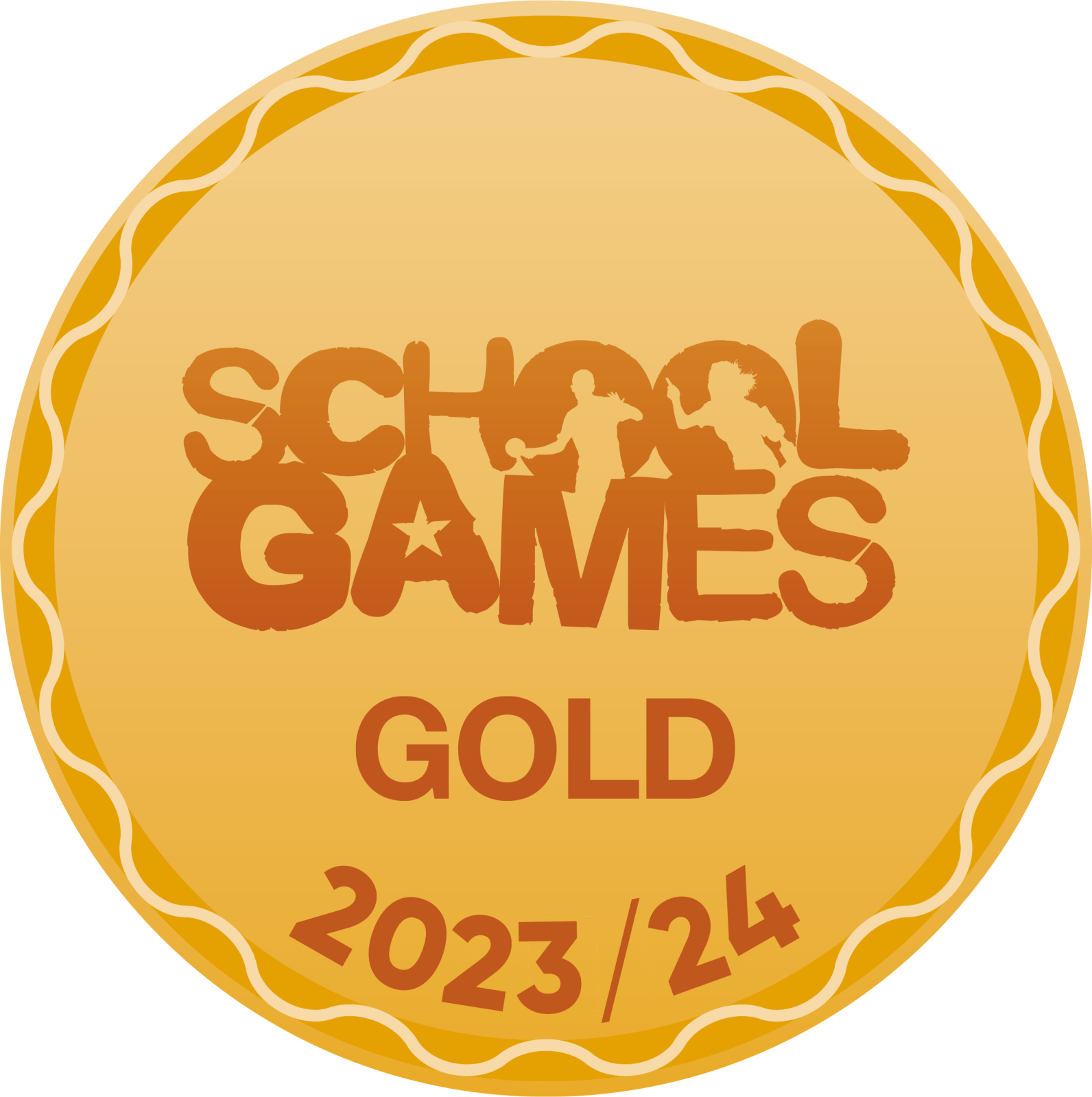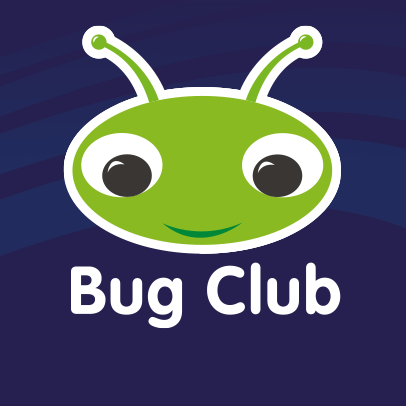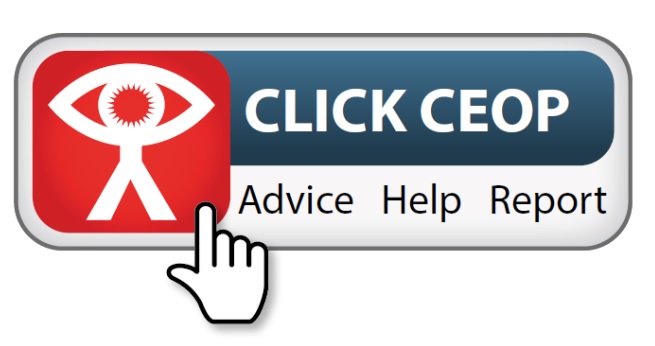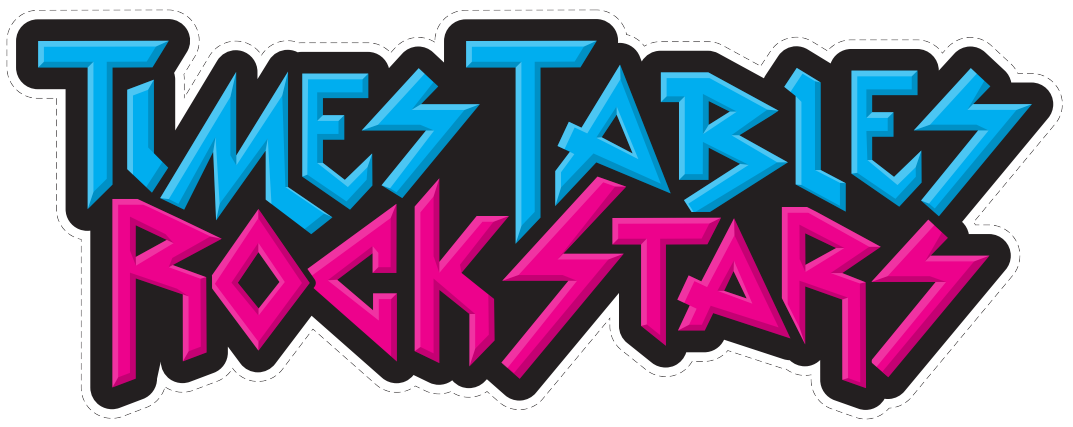Curriculum
Intent
Rooted in a Christian vision, our curriculum aims to inspire our pupils to be learners who feel they can flourish through our core values of ‘Belonging, Believing, Building a future’. Children develop understanding of what it means to belong to the St Peter’s family and what it means to be a human being in our community today through the thread of humankind. We aim for all children leave us with the knowledge and skills that they will need for their future and to have an acceptance of who they uniquely are.
Our curriculum encourages creativity and curiosity in order to engage pupils and give everyone a chance to succeed. At St Peter’s, we celebrate and support differences and change. 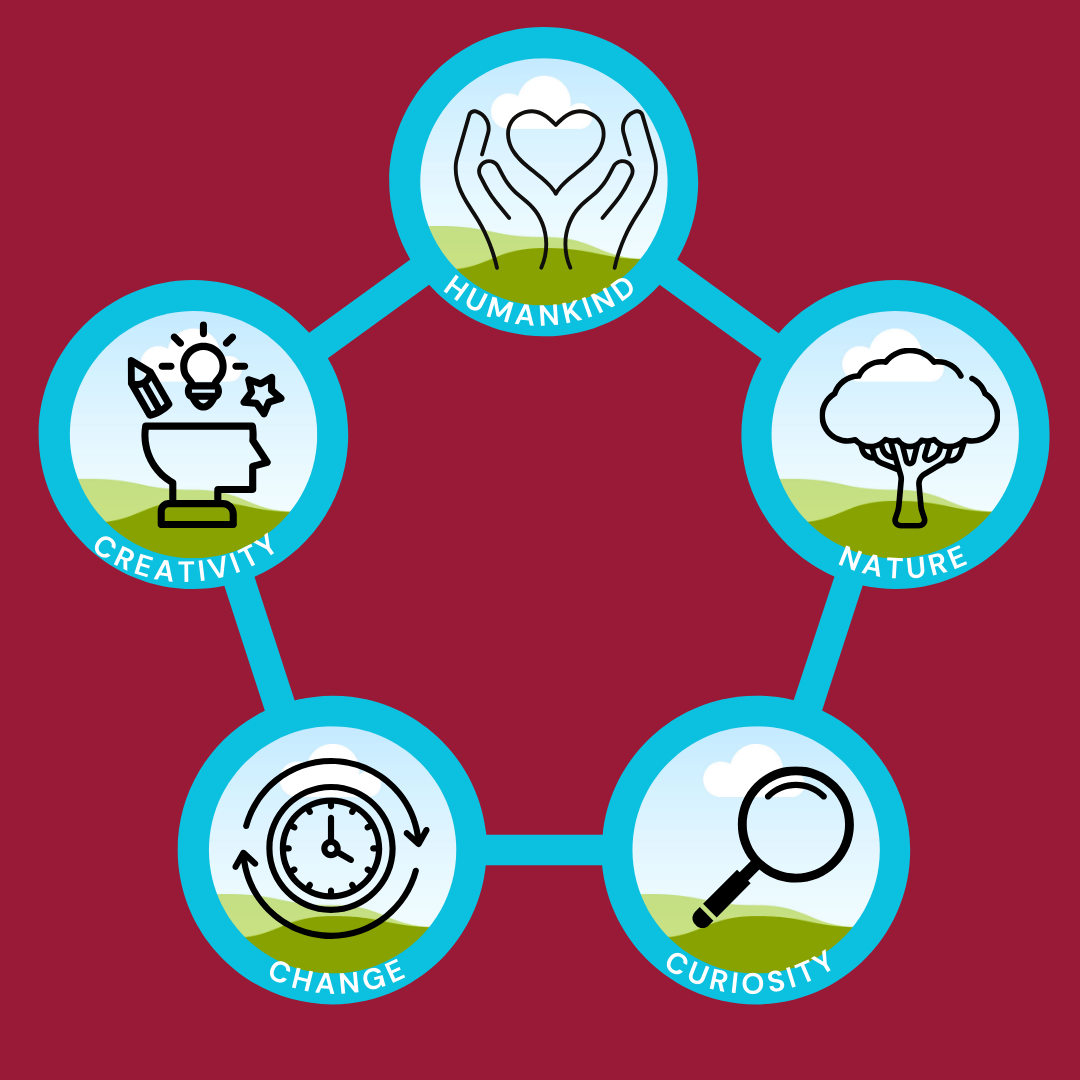
Our curriculum exposes the children to cultures and experiences that they may not otherwise have and also maximises the opportunities our school context provides, for example with the thread of nature. We have five threads that run through our whole school curriculum. They give pupils the opportunity to connect, deepen and broaden their learning.
/i/video/The_topic_is_Sow__Grow_and_Farm.mp4
Using Curriculum Maestro from Cornerstones as a spine, we ensure full coverage of National Curriculum and Early Years Framework. Through a range of enrichment activities, we are able to bring the wider curriculum to life and develop our learners in the fullest way possible.
Our long term plans take the National Curriculum and organise it into progressive sets of knowledge and skills that work on a two-year rolling cycle for Years 1-6 and a one-year cycle for Reception. These can be found on the individual subject pages. Each year is split into overarching curriculum topic projects. For more information not included here on on learning or class pages, please contact the school office to request what you need.
Two Year Cycle Curriculum Overview
Implementation
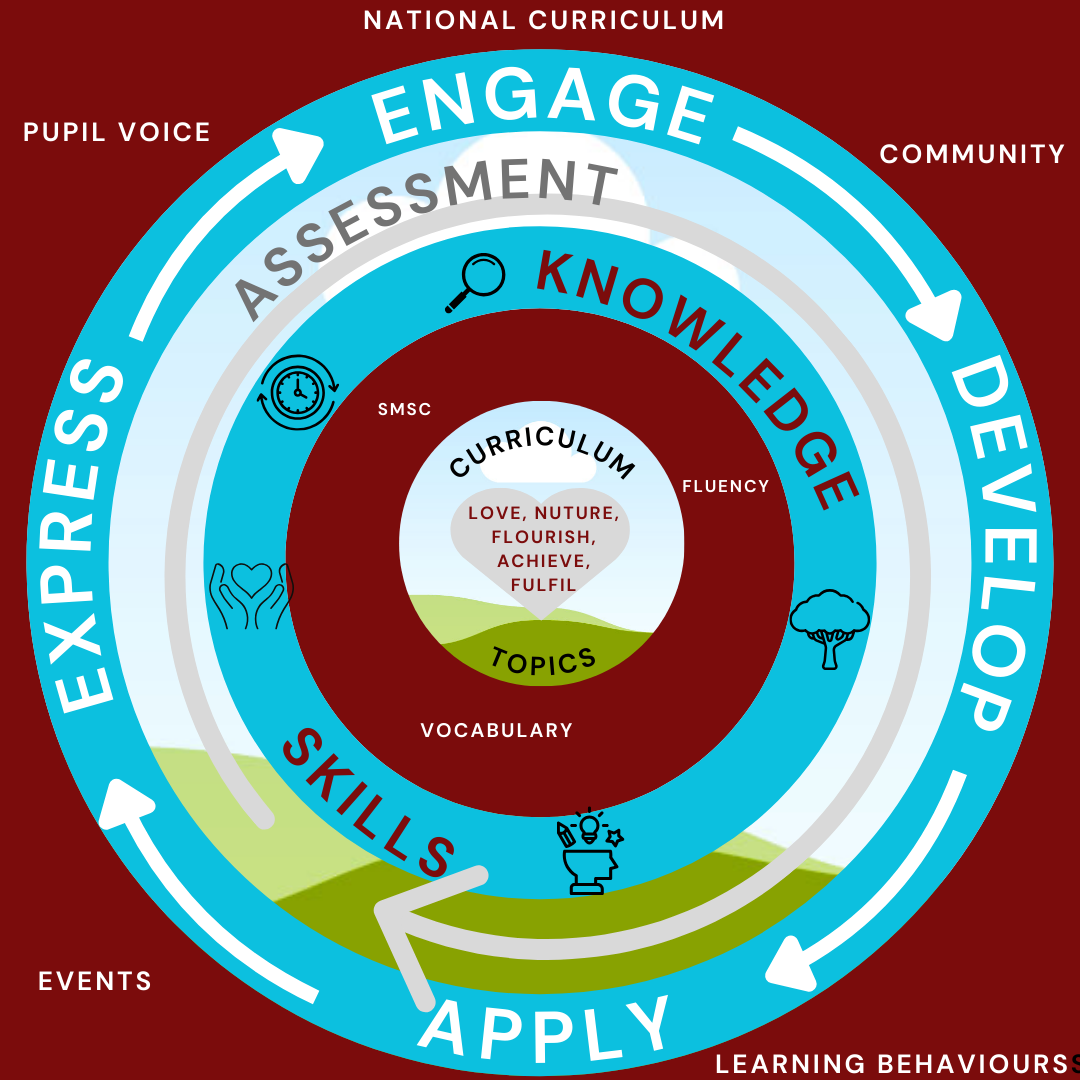 Every topic follows the cycle laid out above: Engage, Develop, Apply, Express.
Every topic follows the cycle laid out above: Engage, Develop, Apply, Express.
Each topic has a starter enrichment activity and a final outcome. Throughout this cycle, knowledge is learned and skills are developed. These are deepened and revisited using formative assessment.
Our pupils help us to tailor the curriculum to their interests and needs. We love to learn creatively in our rural setting by taking learning outside, wherever possible. Through embedding our values in our broad and balanced curriculum, we strive to provide all children with the opportunity to flourish and to live fulfilled lives.
Impact
Over 80% of our pupils say
We learn about topics I am interested in and I learned a lot that I didn't know before.
/i/video/Pupils_view_on_topic_-_Made_with_Clipchamp.mp4






